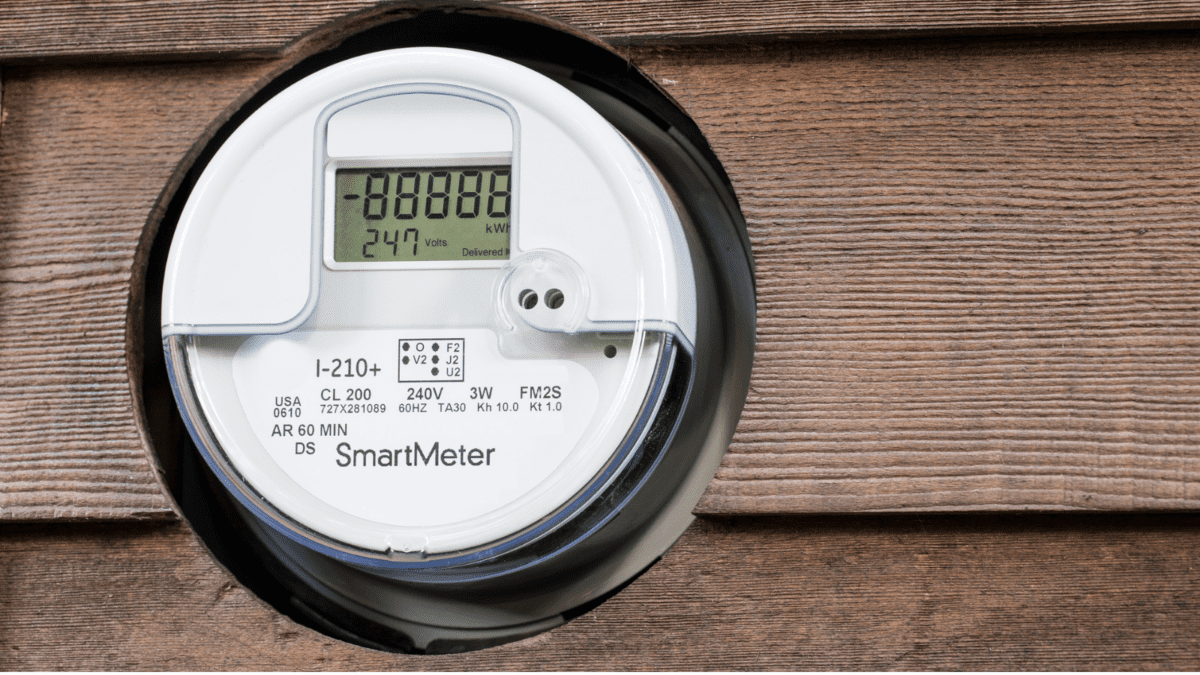Inflation – what inflation?
A world shortage in shipping containers brought on by the Covid-19 pandemic has led to radical inflation in shipping and container prices, and increased delay times for shipping goods around the globe. This unforeseen event has created a domino effect down the supply chain, disrupting trade in all corners of the globe.
When economies around the world went into lockdown, the number of cargo ships being sent out was reduced, stopping the usual flow of imported and exported goods. It also saw empty containers not being collected, but finding themselves in inland depots or stacked up at cargo ports.
But according to Schroders, these supply chain issues are showing signs of easing as the world approaches the end of 2021. It could support growth and provide at least a temporary tailwind for financial markets.
According to Kristjan Mee, strategist at Schroders, two charts are showing that global supply chain issues could be starting to ease. “For some time now, the global chip shortage has hampered the production of a wide range of goods, from smartphones to cars,” says Mee. “The situation became so severe in the summer that a number of car manufacturers were forced to halt production at some of their plants. Now, there are the first signs that the pressures could be starting to ease. In their third-quarter earnings reports, car manufacturers highlighted that chip supply conditions are improving.”
Auto giant Ford said in its Q3 statement, “semiconductor availability remains a challenge, but markedly improved from the second quarter.” Toyota said that while it had to cut the output for November, it maintained its full-year production target. Even though normality might not return for quite some time in the chip market, it is clear that supply has started to adjust.
Mee says, “Looking at the subset of the memory chip market, RAM prices, which tripled in early 2021, have already fallen 30% since July. This highlights how higher prices become an incentive for greater supply, eventually relieving the imbalances.”

On the shipping front, there have been huge increases in goods demand and strict pandemic lockdowns in China’s manufacturing hubs and ports have caused shipping costs and delivery times to rise.
Mee says, “Fortunately, global shipping indices are now showing signs of peaking, with some indices already falling rapidly. The Baltic Dry Index, measuring the shipping cost of dry bulk commodities, such as iron ore or coal, has fallen more than 50% since early October. The HARPEX Index, measuring worldwide container ship charter rates, fell in the last week of October for the first time in 16 months. The shipping cost between China to US West Coast fell to $16,000 in early October, although it has increased slightly again in the last few weeks.”
Mee concludes, “Looking ahead, global shipping costs are likely to remain elevated as goods demand remains robust. Nonetheless, the falling shipping prices mean that the pressure on supply chains could be easing in time for the crucial holiday season. This would be good news for holiday shoppers as well as investors.”









